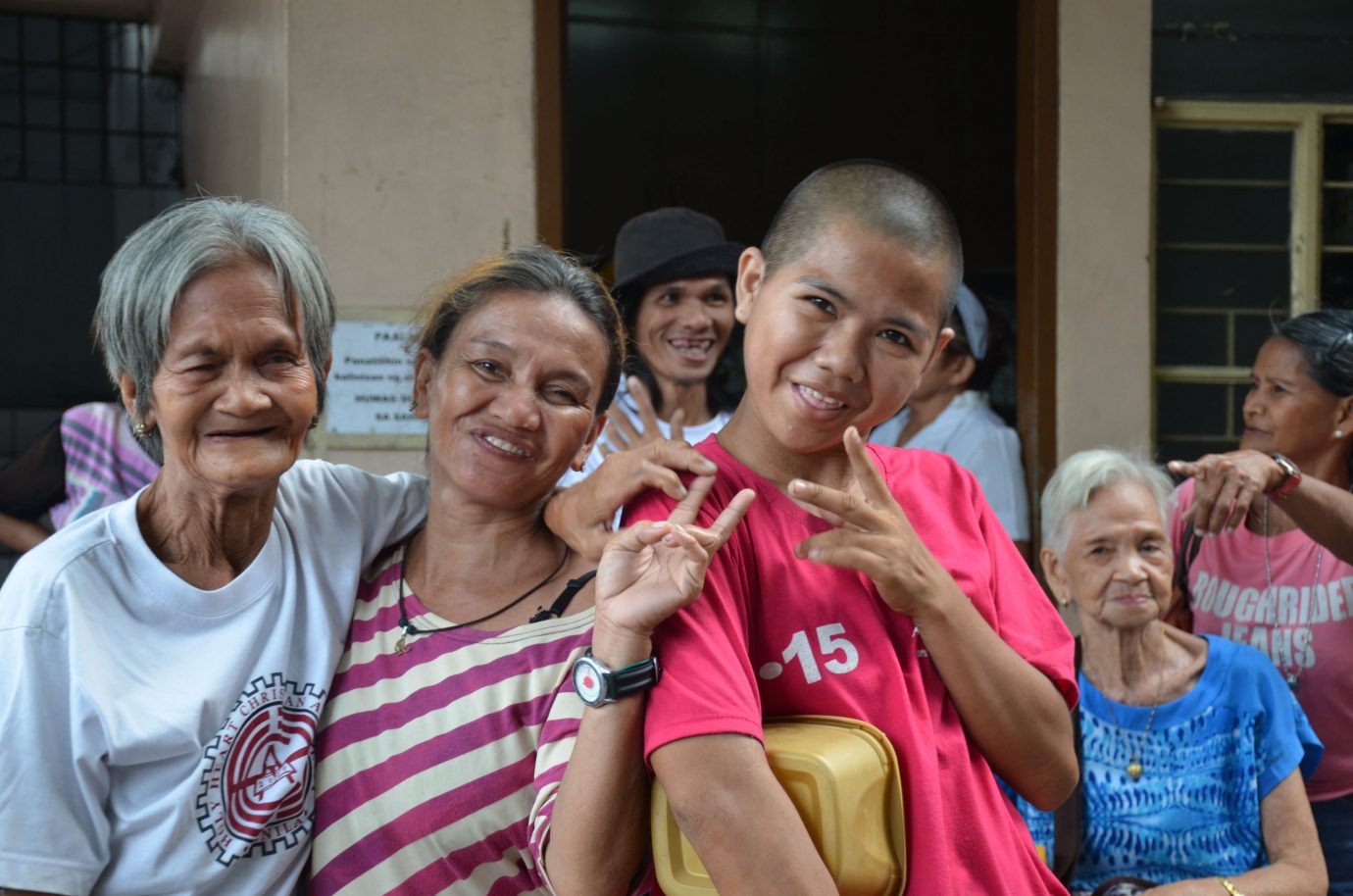Dutch Ministry of Foreign Affairs
The Building Models for the Future project (BMF) aims to improve TB and HIV prevention and care in line with the Global End TB Strategy, the Sustainable Development Goals (SDGs) and the Fast-Track Strategy to End AIDS. The project focuses on system-related barriers to quality of care in the non-governmental and private health care delivery sectors, and to remove human rights and gender related access barriers to TB and HIV care and prevention. The aim is to ensure access to affordable quality care for vulnerable and marginalized key affected populations.
The BMF project was set to close in 2019. This has been a successful end-of-project year for the BMF project. The models developed in Kazakhstan, the Philippines and Nigeria transitioned to each respective government. In all three countries we were able to support effective partnerships between the governments/public sector, private health care providers and key populations. The quality and accessibility of services in the non-public sector improved. In each country, the BMF partnership had a different focus.
In Kazakhstan, we created partnerships between private health facilities and local NGOs. The NGOs cater to a number of different patient support needs, e.g. legal and socio-psychological support. In the Philippines, networks of different private providers were established with faith-based, mall-based, hospitals and private clinics referring and supporting each other. In Nigeria, quality parameters and digital innovations have brought government stakeholders and private facilities closer together and form the basis for facility accreditation.
In August 2019, in “transition” workshops, the models were handed over to the respective governments. In the latter part of the project year, we conducted an internal evaluation of all three project pillars as well as the BMF partnership of KNCV, AFEW, PAI and Hivos. Early learnings from the evaluation brought forth a need to address TB-related stigma in our project countries. In response to this, we piloted three stigma reduction tools to patients groups and health care workers, i.e. ‘TB Photovoices’, ‘From the Inside Out’ and the ‘Allies Approach’. This was concluded with a Stigma Reduction Symposium with ex-patients, healthcare workers telling their stories to a Dutch audience.
Countries: Kazakhstan, Philippines, Nepal, Swaziland, Indonesia and Nigeria

